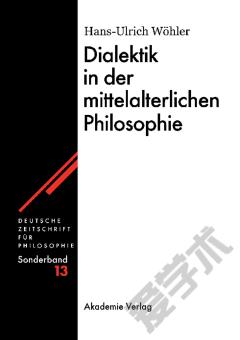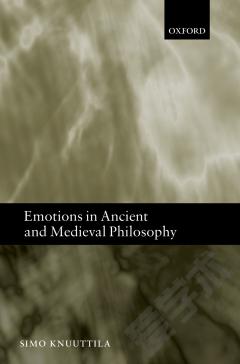Philosophy and Civilization in the Middle Ages
Philosophy and Civilization in the Middle Ages/ is an interesting examination of the Middle Ages in world history via the thorough analysis of Maurice Marie Charles Joseph De Wulf. A philosopher, and a professor of philosophy at the Catholic University of Leuven, De Wulf was one of the pioneers of the historiography of medieval philosophy. This book is primarily comprised of lectures that De Wulf delivered at Princeton University for the Vanuxem Foundation to further the study of the Middle Ages.De Wulf's primary goal in this text is to approach the Middle Ages from a new point of view, specifically by examining the philosophical beliefs in different civilizations during this time period. De Wulf begins his book by establishing the context of the Middle Ages for the reader, including the major civilizations present on the European scene during that period in time. The author then explores the Great Awakening of Philosophy in the thirteenth century – offering a complete study on both causes and effects of this major event. The major factor De Wulf credits with inspiring this shift in human thought and belief is the rise of Universities and increased access to education, primarily in Paris and Oxford. By exploring changes in philosophical thought, De Wulf also makes connections to what he calls human progress or progress in science, morals, and social and political justice.Philosophy and Civilization in the Middle Ages/ provides an interesting argument for the rise of philosophy and how this shift improved general societal conditions during the Middle Ages. This is a great book for any reader intrigued by philosophy, the Middle Ages, and the growth of civilizations. This book also holds significant gems of information for readers with only a passing interest in these topics.
{{comment.content}}








 京公网安备 11010802027623号
京公网安备 11010802027623号